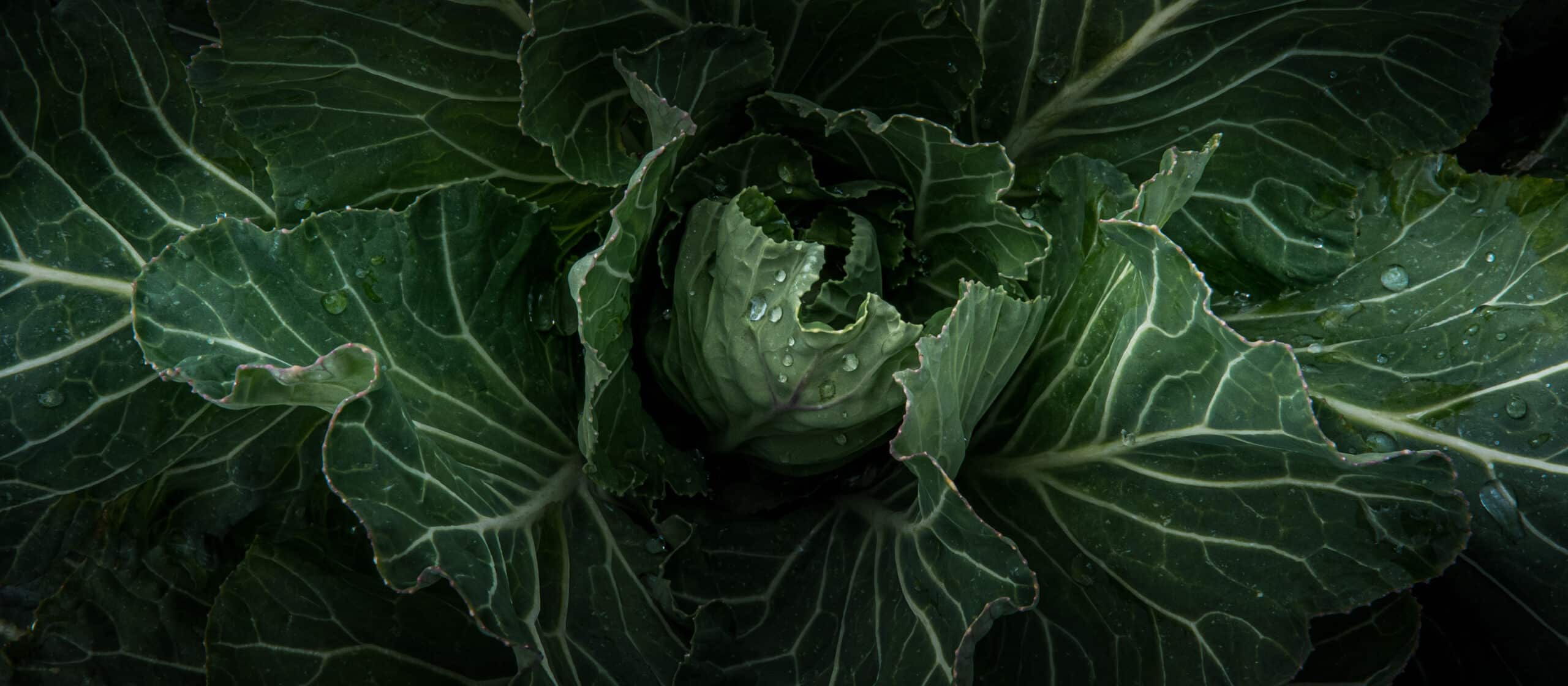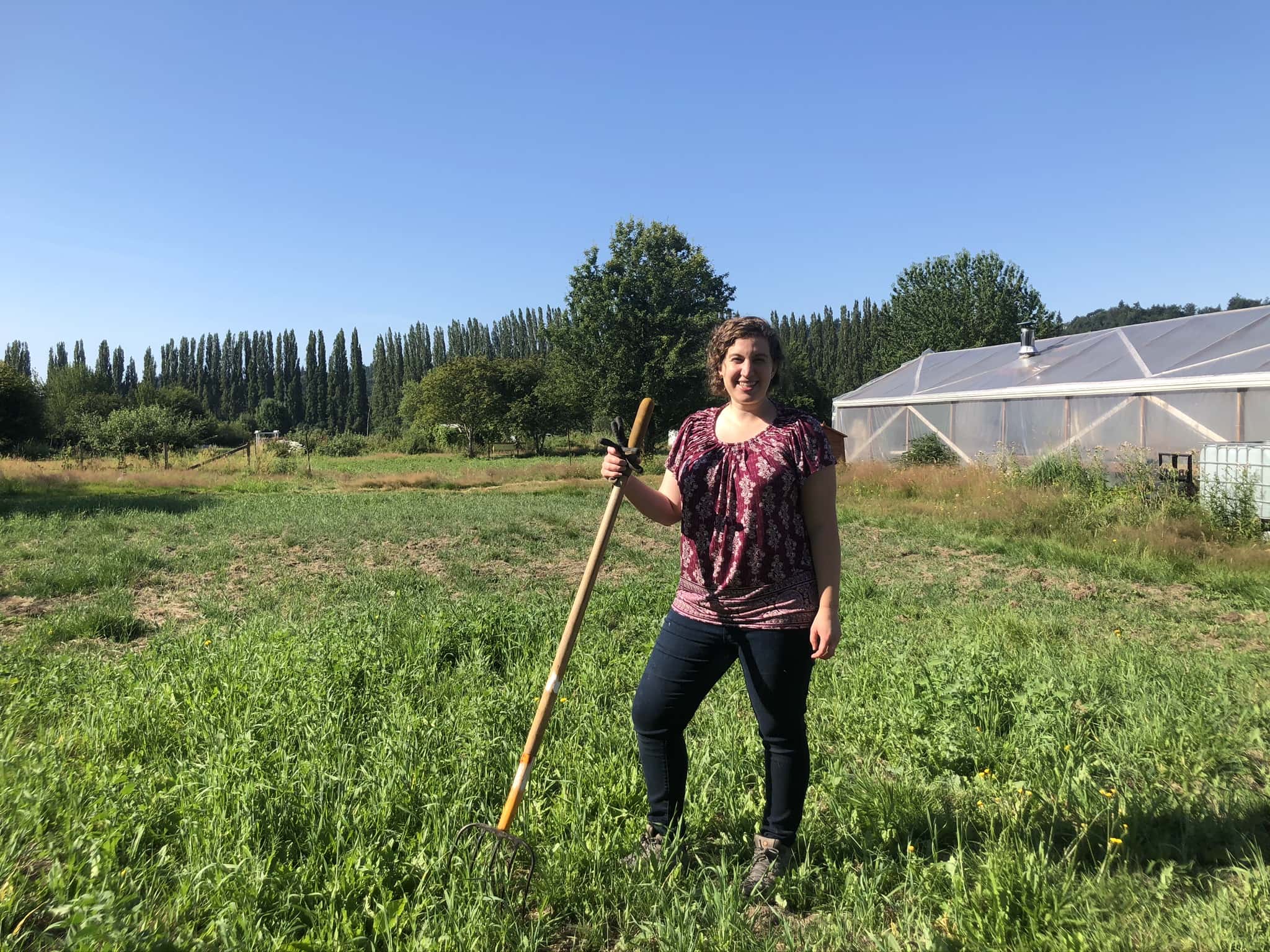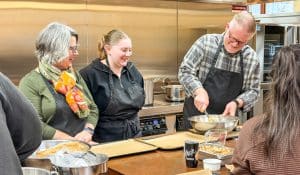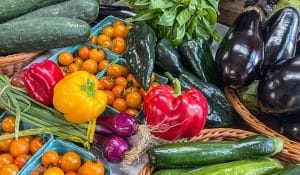
COVID-19 has the potential to transform the way we farm food–and save the planet
COVID-19 has the potential to transform the way we farm food–and save the planet
- posted on: July 24, 2020
- posted by: Rebecca Jordan
"*" indicates required fields

Single-use plastic bags. Disposable masks and gloves. Increased shipments and packaging. At first glance, the coronavirus pandemic has forced us to step backward in our vision of an environmentally-friendly economic system.
But images of clean air in normally high-traffic cities and dolphins returning to Italy’s coast offer hope for a future, post-coronavirus, that could be more equitable for our environment. And this environmentalism isn’t only about dolphins and tree huggers.

It’s becoming clearer, as we face a global hunger crisis exacerbated by the coronavirus, that climate change is no longer an issue just for those with time and money to spare. A human-centric approach to the problem is essential. Climate change affects everyone, but it affects economically and socially disadvantaged populations first and worst. And as earth gets hotter, farming get a lot harder.
Big agriculture—agriculture that relies heavily on chemical inputs, underpaid labor, and puts most of the food on the average American’s plate—contributes to rapid human-driven global heating. It’s time to flatten the curve of climate change; while we grapple with the pandemic, radically revision our justice systems to equitably serve Black and Indigenous communities, and reimagine healthy futures for all, we can also expand on positive environmental side effects of stay-at-home orders.
Our current food system won’t help us get to that healthy future. We need a food system that is not going to collapse when the nation’s second-largest meat processor is forced to shut down due to 500+ coronavirus cases. With food shortages expected to increase, what’s the answer?
People and policy must pivot in support of regenerative farmers.
Many small-scale farms in the Sammamish and Snohomish Valleys have been growing food for years on the principles of drawing carbon down into the soil. Practices such as cover cropping, crop rotation, conservation tilling, natural pest management, and more have been proven to sequester carbon while increasing nutrients in the soil for long-term agricultural viability.
Legislators, too, have seen the benefits of investing in sustainable farming initiatives: Carbon Washington recently championed a bipartisan bill in Washington State that would create grant funding for farms switching to sustainable practices. The legislation was signed into law on April 3.
We can save our food sources and the climate at the same time. What will it take? We need to invest in regenerative farming at all levels—global, national, and neighborhood. This shift will necessitate a combination of consumer buying choices, education, farmer practices, legislation, and government support.
What does this equitable agricultural future look like? The good news is we don’t have to search far. Despite the pandemic highlighting bottlenecks for meat and dairy producers and impacts on the restaurant industry, local trends show that people are increasingly valuing a shorter supply chain between food and table. At the 21 Acres Center for Local Food Farm Market—a Woodinville hub connecting local, organic food from farmers to customers—total sales on average have doubled over last year. New shoppers to local food want to know their farmers. Justice-focused organizations such as the Black Farmers Collective in Seattle, and their farm Yes Farm, are eliminating food scarcity and envisioning an equitable future through carbon sequestration and natural habitat creation. Local farmers are getting creative; Songbird Haven farm in Woodinville (whose owners Noa Kay and Mark Albonizio are highly involved in climate advocacy) have nimbly shifted to address hunger and feed the community during the pandemic.
With so much of our daily routine upended, we must take the extra step to transform the way we farm, the way we eat, and the way we solve climate change. As Kay writes, “Now, more than ever, we need wildly optimistic people to envision a road to recovery that makes us more just, sustainable, and resilient.” My hope is that policy, farm practices, and consumer habits shift during this critical juncture to do just that.










 back to blog overview
back to blog overview








